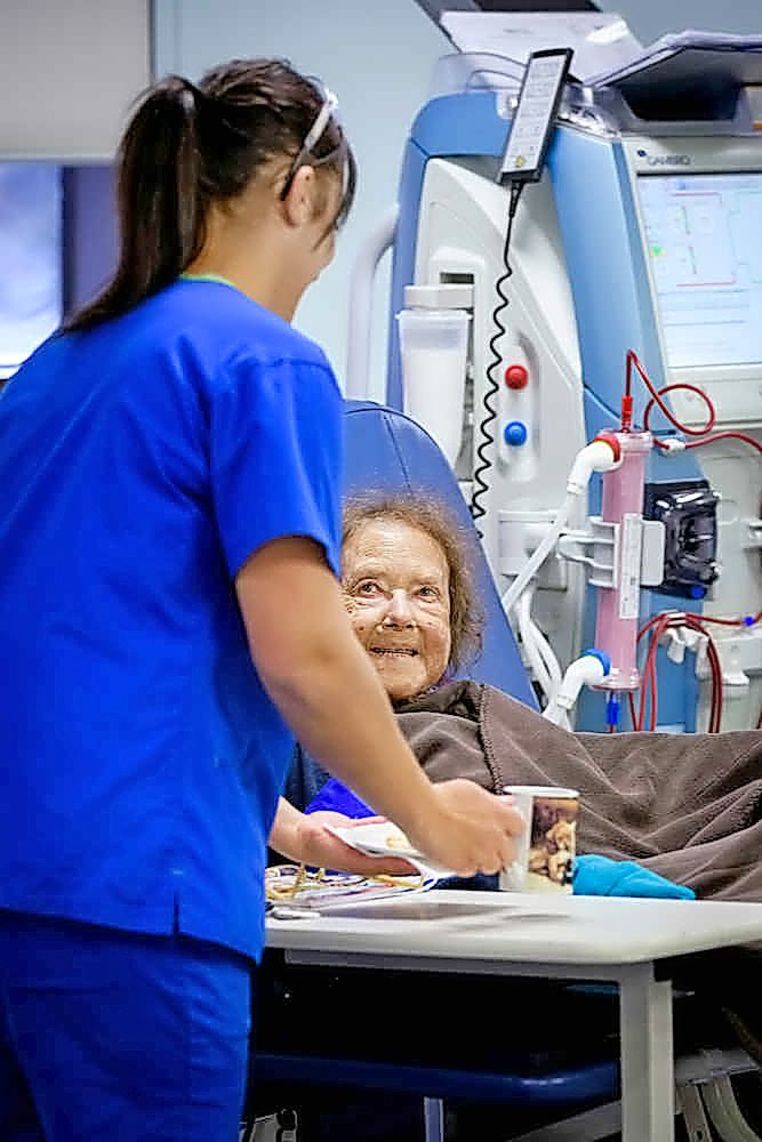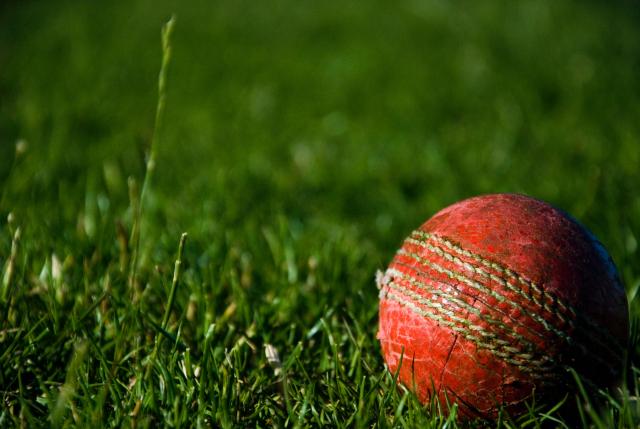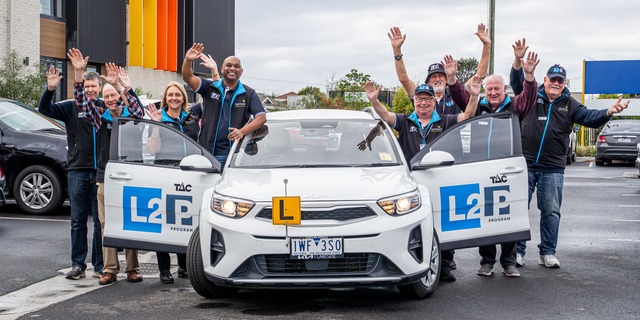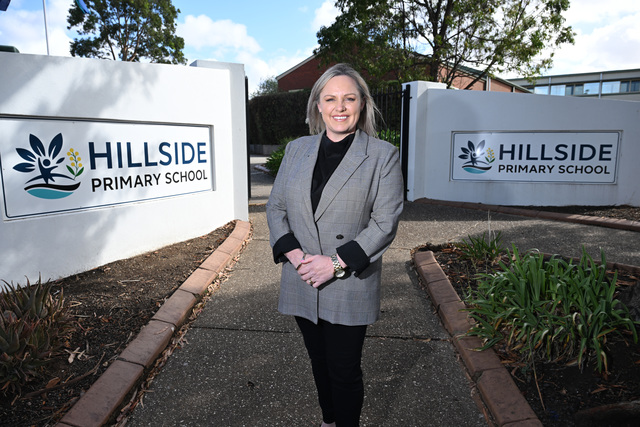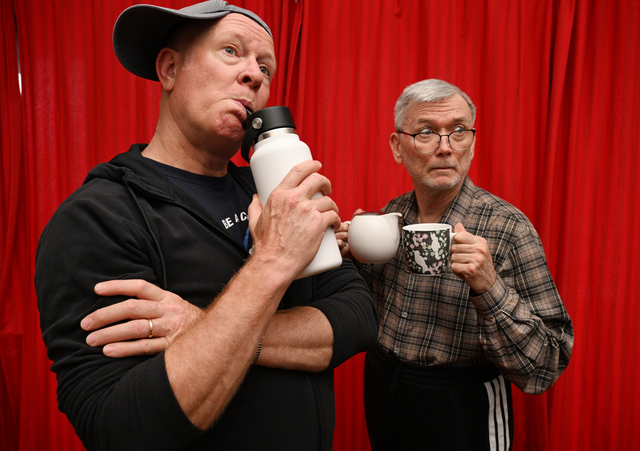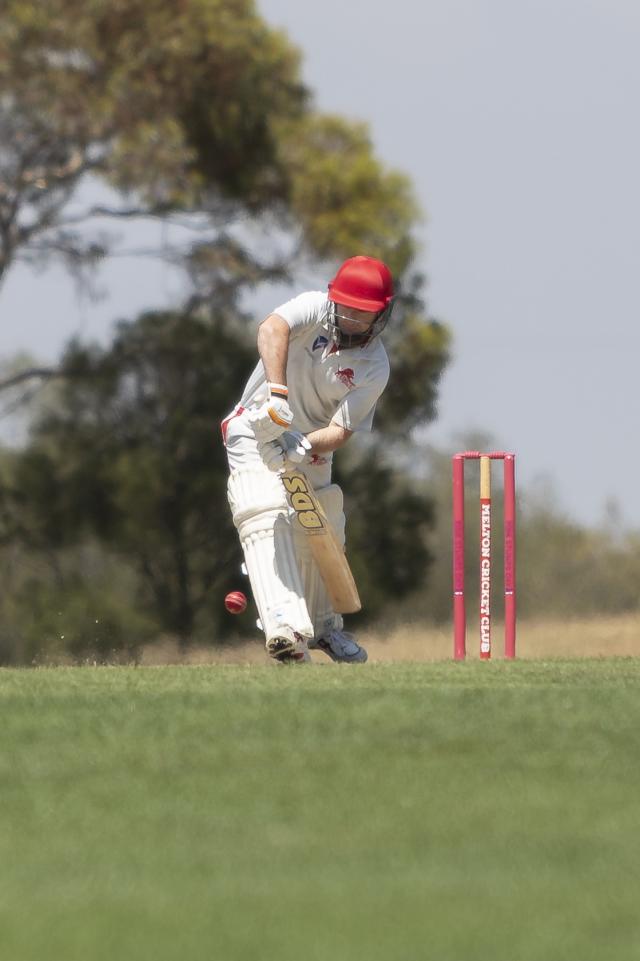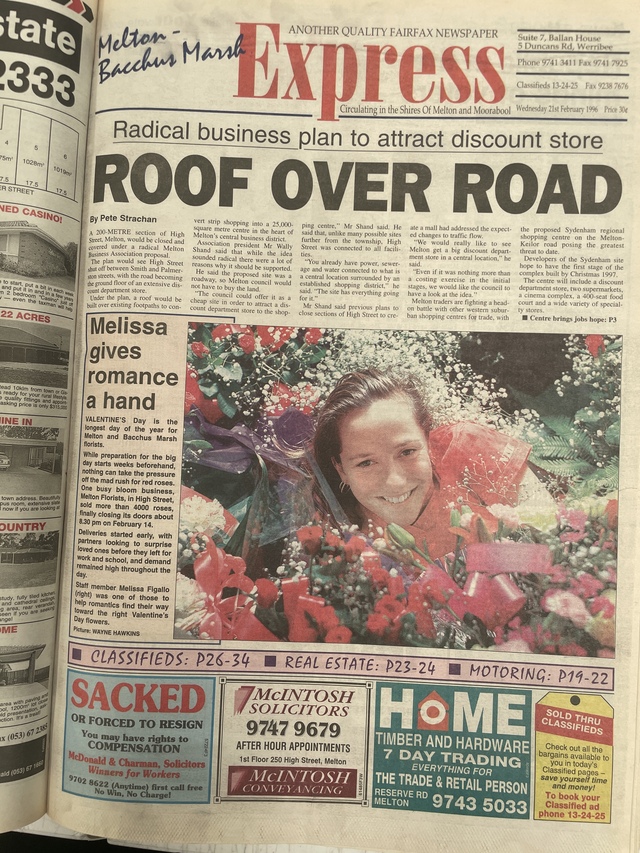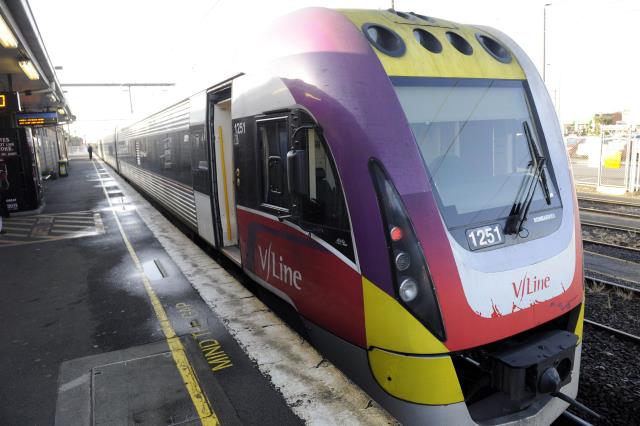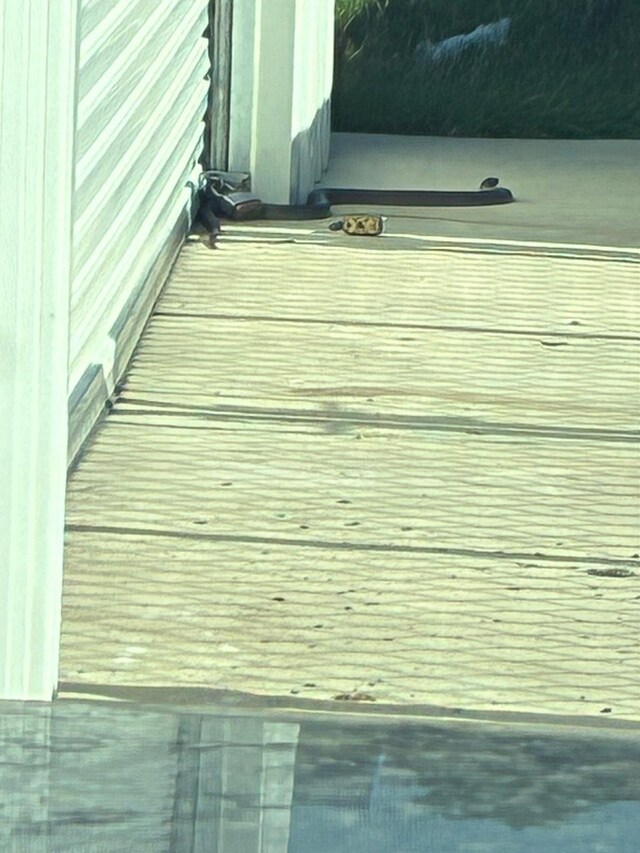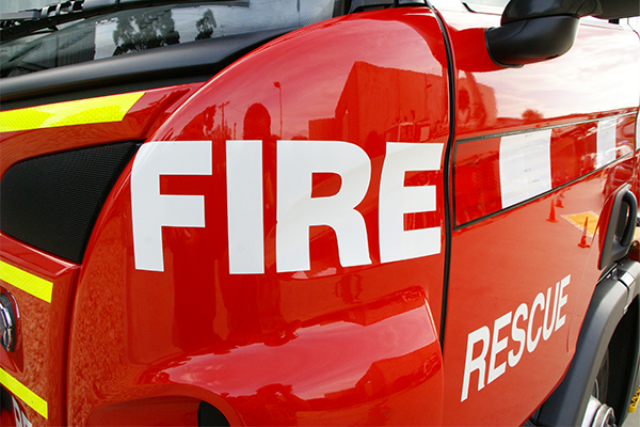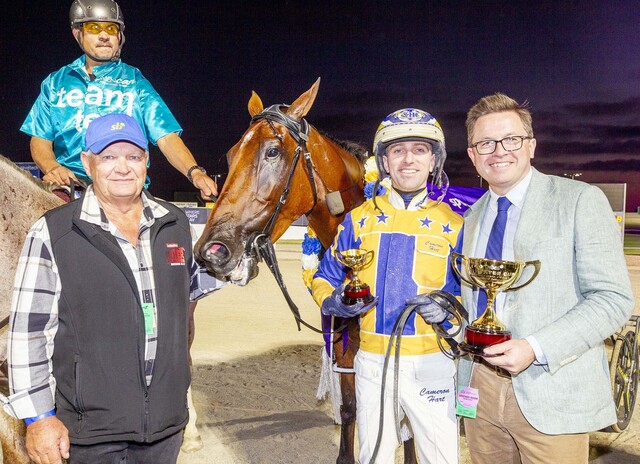The incidence of renal related disease in Australia is at an all-time high and fast becoming a public health issue of epidemic proportions.
Every 25 minutes, an Australian dies from a renal related condition, while one in three is at risk of developing a renal disorder at some stage in their lives.
In response to this growing public health issue, Djerriwarrh Health Services and The Royal Melbourne Hospital established the Melton Renal Unit in 2007.
Now a partnership between Djerriwarrh Health Services and Western Health, the 12-chair renal unit on Barries Road in Melton West operates Monday to Saturday, providing 48 local renal disease patients with haemodialysis treatments, as well as access to registered nurses, sessional nephrologists, Allied Health staff and a patient service assistant.
During 10 years’ operation, a total of 44 patients have received kidney transplants.
Nursing unit manager Mandy Cullen says the public needs to become more vigilant when it comes to their renal health, as early detection of potential problems can significantly aid treatment.
“Unfortunately, many people don’t become aware they are even suffering from renal disease until 80-90 per cent of their renal function has been lost,” Ms Cullen says.
“As a result, it is crucial people keep tabs on the health of their kidneys by requesting a regular check-up.”
Local patients living with renal-related diseases are very dependent on the vital services the renal unit provides, and in many cases it’s a lifeline.
“As haemodialysis sessions take anywhere from four to five and a half hours, we build and foster strong relationships with the 48 patients we currently provide care for,” Ms Cullen says.
Judy was one of the first patients on satellite haemodialysis when Djerriwarrh Health Services opened the unit in 2007. She has attended the unit three days a week for the past 11 years.
“Having the unit close by plays a vital role in my independence. It makes such a difference to my quality of life that I don’t have to travel very far to receive quality treatment,” Judy says.
“When you have to attend the unit so frequently and for extended periods, you become really thankful that it’s a service your local health provider offers.”
For further information on the Melton Renal Unit and guidance with the referral process, contact Djerriwarrh Health Services on 5367 2000 or visit djhs.org.au

